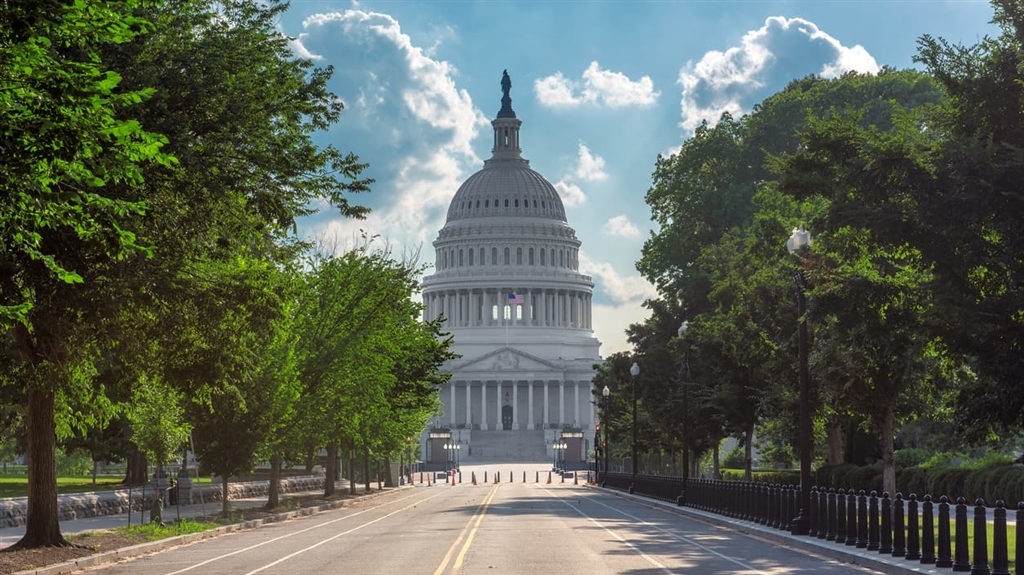America’s “Exorbitant Privilege” and the Debt Ceiling

America and other large economies around the world face looming fiscal challenges. Debts and deficits have grown, and populations are aging rapidly. This is true of the US, Europe, Japan, and China, among others. Action is needed to address the growing threat this fiscal situation poses, and the sooner thoughtful, incremental plans are put in place, the less painful the bending of trend lines will be. Small changes now can result in huge impacts in the next 30-50 years. In short, there is no cause for recession-inducing economic shock therapy if thoughtful, bipartisan policies are enacted now.
Of all the countries facing these challenges, the US is perhaps the best positioned to address them for two reasons. The first is that the US private sector is incredibly productive and innovative. It generates an enormous national income or GDP to service its debt and other obligations. Liabilities are rising, but the US has strong sources of payment.
The second reason the US is well-positioned to deal with future fiscal crises is because the US dollar is the world’s reserve currency. American companies don’t need to think as much about currency risk because global trade is conducted using the dollar. For other countries to avoid the risks of conducting trade in the dollar, they need to maintain some dollar reserves, typically in the form of US treasury bonds. This gives the US an “exorbitant privilege”. It creates enduring demand for the US dollar and for US government debt. When there’s lots of demand for US government debt and confidence in the US government’s ability to repay its debt, the US can borrow very inexpensively.
This brings us to the topic of this article: the debt ceiling. While we share the concern of many surrounding the future fiscal challenges of the US and other countries, we are concerned that many in Congress are not fully appreciating the costs and potential future ramifications of using our exorbitant privilege, our status as the reserve currency of the world, as a bargaining chip. Our status as the reserve currency and the safest global asset are crucial to maintaining low borrowing and interest costs and for our efforts to improve the fiscal trends lines.
We are currently witnessing what happens when US borrowing costs go up, as interest rates have increased this year. According to The Economist magazine, “America will spend more on debt interest this year, as a share of GDP, than at any time so far this century; by 2030 the bill will be at an all-time high, even if rates fall as markets expect.” America’s creditworthiness is our secret weapon. We cannot allow it to be called into question.
Stuart Gillin, an Investment Advisor based in our Tri-Cities office, and I traveled to the east coast on May 22 to meet with Baker Boyer clients, attend a conference that included an appearance by the Deputy Secretary of the Treasury, and to meet with a Legislative Correspondent in Cathy McMorris Rodgers office. During our meeting with Congresswoman Rodgers's representative, we received an update on current negotiations, we shared our concern about debts and deficits, we offered to be a resource for understanding what a default could mean for our clients and Congresswoman Rodgers constituents, and we expressed our concerns about the impact that default or even a potential default could mean both in the short-term and the long-term.
We still believe that the likelihood of default is low, and Congresswoman Rodgers’s representative suggested that a deal next week was increasingly likely. While grateful that progress does appear to be happening, it is vital that our elected representatives know that the short and long-term costs of using US creditworthiness as a bargaining chip are simply too high. If the worst happens, and there is no resolution next week, a recession is likely. Jobs will be lost. Volatility will hit markets, and unprepared investors will be impacted. US debt will be downgraded, and the US will likely face higher long-term financing costs. We need to address future fiscal challenges, but the debt ceiling is not the way to achieve that. The costs far outweigh the benefits.
Although the risk of default appears low and progress is being made, the Portfolio Management team at Baker Boyer has been proactively building resiliency into our portfolios. We recently reduced our overweight to stocks, increased the credit quality and duration of our bond portfolios, and are allowing for more cash to accumulate in money markets. We have been in close contact with our money market managers to ensure that they will have adequate liquidity, regardless of the outcome of negotiations, and we have been in regular contact with our bond fund managers to ensure they are taking appropriate steps to maintain high quality. We are well-prepared to weather a debt ceiling impasse in the unlikely event that one materializes after Memorial Day. Any resolution is expected to likely trigger a rally in risk assets, such as stocks, and we are well-positioned to capitalize on this as well.
If you have any questions, please reach out to a member of your team. As always, we are here to help.



